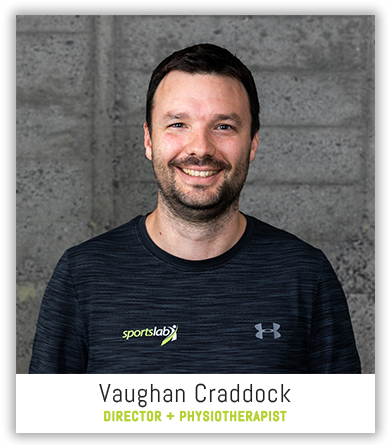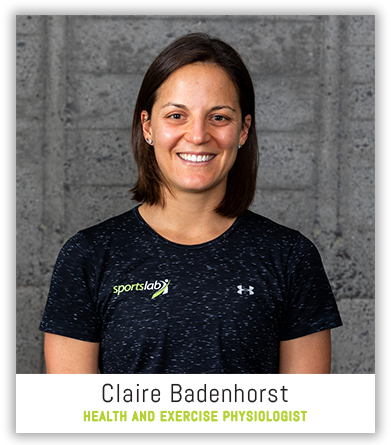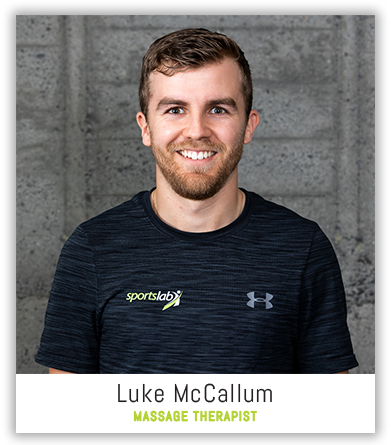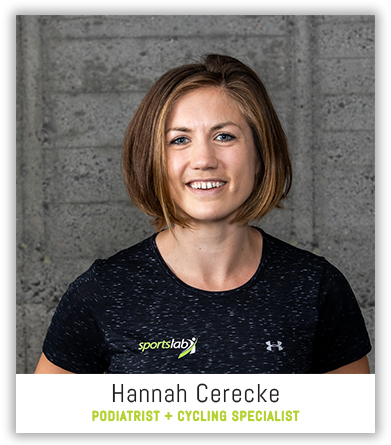Redefining Performance: Your Team and Your Mind.
Over the past three blogs we’ve discussed a new definition of performance. Performance that moves away from the comparison model. Performance that focuses on the ongoing improvement of ourselves and expanding our envelope of what we are capable of, to achieve our best. We’ve looked at some common myths about performance, examined the art of gap analysis, and discussed a few key rocks in the areas of physiology, biomechanics and behaviour. We hope that this has helped you build a framework around how you approach the journey to improved performance. And we hope this shatters any illusion that performance is an exclusive word, set aside for the elite. Improved performance can be achieved by all, whatever your goals may be- sporting or not. In our journey to performance let us keep in mind the importance of both a solid team, with the appropriate skills and knowledge to guide us, and the importance of our mindset as to how we approach this journey.
The Importance of Sound Knowledge and a Sound Team
It is so easy for us to access knowledge these days. We have all heard stories from our grandparents about the pre-internet days and how they had to go to the library to look up information. These stories all appear to end in the same statement: ‘you kids have no idea how lucky you have it these days’. Even 20 years ago, gaining information by punching it into your phone was not a possibility. We instead had the joy of dial-up internet, waiting patiently through that distinct dial tone, and then being kicked off by a family member that needed to use the landline. But, most of us are now accustomed to having the internet at our fingertips and being able to log in from anywhere to get the information that we need to solve a problem or quench our curiosity. But here is a thought, has this allowed us to become a jack of all trades yet a master of none?
This online access that is part of our lives 24/7, means we can see a different diet or training session to try every day of the week and a plethora of injury prevention tricks or treatments. Topics related to health and performance tend to have a lot of opinions and there’s a lot of misinformation out there. How then are you meant to filter out the noise and find what is right for you? What our previous blogs have highlighted, is that regardless of your performance goal, you need to find the path that is specific to you. But here is the thing, you don’t have to do this by yourself, and you don’t have to guess.
Test don’t guess. This statement is ingrained in science and we believe it should also be ingrained in the journey to improved performance. In order to be effective with our big rock prescription, we may need actual numbers (blood tests, physiology tests, mood rating, etc), or we may need an expert to take us through a functional or nutritional screen to see how our body moves or what it needs. Knowing your specific and personal data means that you can have a tailored plan to achieve your best performance. Having sound understanding and knowledge of yourself and your goals will mean that you can achieve your best performance, but also remember to use the best people around you to help you get there.
Find a team with sound knowledge to help you filter out all the ‘noisy’ information. True experts will be first to admit how hard it is to achieve in-depth understanding in a certain area and how many years it has taken to develop this knowledge base. So there is no shame in seeking help. In fact, the team environment that you create around yourself can be the defining factor that leads to success within your chosen performance, whether that is a 5km, a marathon or getting a job promotion. A common theme among successful individuals is that their success wouldn’t be viable without the team that they surround themselves with. We often hear about this in the business world or at the elite level, but this is true at any level or type of performance.
There are many people that might make up your team, not exclusively but may include a coach, physiotherapist, podiatrist, massage therapist, personal trainer, physiologist, nutritionist, mindset coach and general practitioner. What is key is all these people have certain skill sets and their focus is you and your performance. With everyone working collectively together, there is understanding of where each person’s skill set lies and where others start. This allows for specialist care among your team so you can get the most out of what you want to achieve. At SportsLab our integrative approach to health care (rather than being that ambulance at the end of the cliff), is to work off each other’s expertise and knowledge to help you achieve your goals.
Whoever makes up your team, make sure there is a healthy culture and there is trust. Having a team with a culture that sings true to who you are can create such positive change and the crossover into performance can be profound. Additionally, trust in the team that you surround yourself with can be a key factor to you doing well. Having trust in your team that they are guiding you with the best knowledge to expand your envelope of knowledge, skill and ability, is pivotal. A solid team is instrumental in building your confidence around what you are wanting to do and how you are going to get there.
The Importance of Mindset
As well as having a solid team that supports you and has all the necessary knowledge to help you assess and work towards your big rocks, we also need to ensure that we work on ourselves. This, in itself, may be one of your big rocks. Remember to question how well you know your own mindset. Do you have a fixed mindset where you believe talent alone leads to success? Or do you have a growth mindset where you believe that knowledge, skill and ability can grow with time and experience? A growth mindset perseveres when setbacks arise (as they inevitably will) and recognises that even on days where everything clicks into place, there is no such thing as a ‘perfect performance’. There is always room to improve and grow.
A growth mindset recognises that the feelings that we experience are directly impacted by what we are thinking and the judgements that we place on ourselves, on others, and on our environment. Our thoughts impact our emotions. And our emotions influence our behaviour. If we develop our self-awareness around our mindset and emotion, we can start to recognise unhealthy and fixed mindset patterns. Once we recognise these mindsets, we can start to challenge and reframe them.
It is important to remember that this reframing process takes time and dedication. Throughout the process we need to give ourselves the respect to be dedicated to sticking to the positive changes that will benefit performance, even when progress may feel slow and we may not see the benefit straight away. It is the perseverance and patience of positive change that will give dividends to improved performance in the long run. Whether performance is stagnant, or injury has struck, a growth mindset doesn’t see this as a setback. A growth mindset sees this as an opportunity to grow understanding and create improvements for the future.
If we constantly refer to our new definition of performance, one where nothing is ‘failure’ but instead an opportunity to expand our knowledge, skill and ability, then we begin to form new associations with the word performance. Associations that no longer must include records being broken or personal bests always being beaten. Instead of focusing on the “end result”, we can start to truly focus on the process. We can reflect on the skills we have learned and how we can apply these for improved performance. Analysing key motivations, work-ons and differences allows us to challenge our own boundaries and push us out of a comfortable mindset to create new possibilities. And this is where true performance may just begin.
This blog is the final instalment of a four-part series on ‘redefining performance’. We’ve bought together practitioners from all our Sports Lab services for a collaborative voice on the topic. This series have focused on challenging the comparison model of performance and opening up performance as an inclusive word, not just for the elite.






